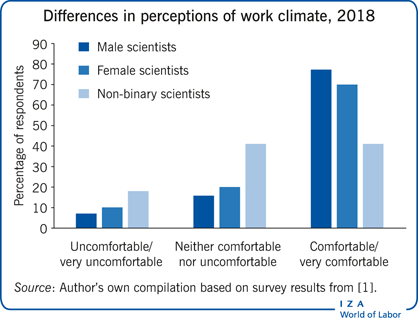Elevator pitch
While many firms have recognized the importance of recruiting and hiring diverse job applicants, they should also pay attention to the challenges newly hired diverse candidates may face after entering the company. It is possible that they are being assessed by unequal or unequitable standards compared to their colleagues, and they may not have sufficient access to opportunities and resources that would benefit them. These disparities could affect the career trajectory, performance, satisfaction, and retention of minority employees. Potential solutions include randomizing task assignments and creating inclusive networking and support opportunities.
Key findings
Pros
When employers have more information about each worker’s past performance, they are more likely to give women proper credit for their contributions to group tasks.
Well-specified rubrics can reduce the bias that arises from subjective evaluations.
Employers can randomly assign mundane tasks to employees so that no one is favored.
Employers can pay attention to how inclusive their networking events are and create affinity groups to make minority workers feel included.
Cons
Women may be given less credit for group work than men when it is unclear what each person contributed, which could affect their chances of being promoted.
When subjective ratings are used, biased employers may not weigh objective measures of performance the same for black and white employees.
Women are more likely to be asked to complete mundane tasks than men.
Minority workers may not have the same networking opportunities that nonminority workers do, which could affect their earnings and career trajectories.
